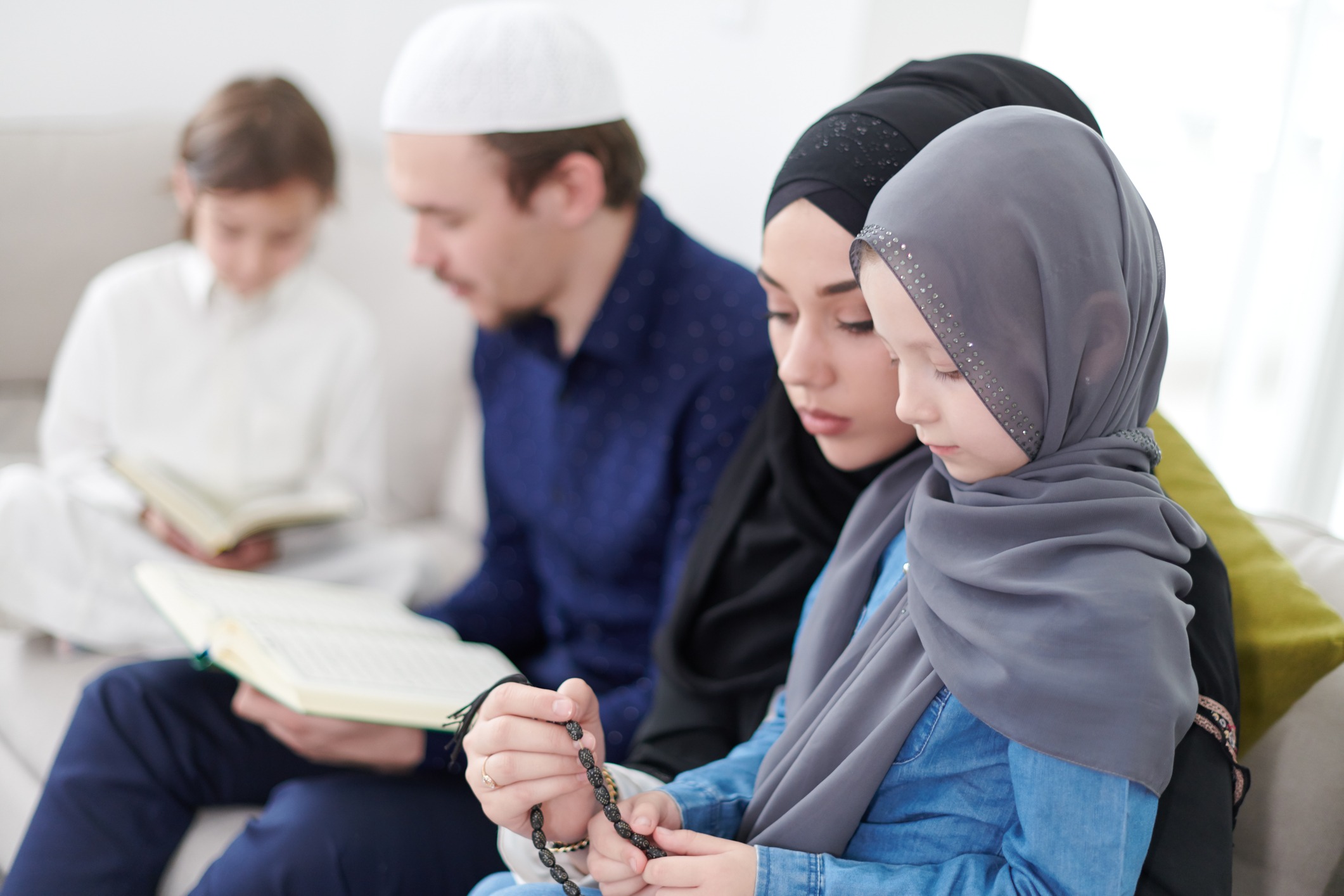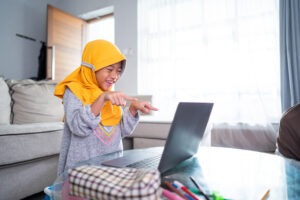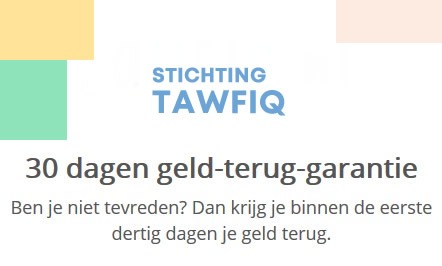-
Islamic knowledge, education and training
- How Islamic education promotes empathy by encouraging empathy and compassion.
- The role of parents in developing empathy in children according to Islamic teachings.
- How Islamic teachings can help children learn to deal with their emotions and understand other people.
- The influence of religious stories and symbolism on the development of empathetic behavior in children in an Islamic family.
- How Islamic values can be used to find simple ways to help children develop a greater understanding of other people
“Developing Empathy with Islamic Values: A Path to Compassion.”
Empathy is an important part of raising children. It is the ability to empathize with others and understand their feelings. In the Islamic tradition, empathy is seen as a fundamental characteristic that must be taught and promoted in children. In this article we will look at different ways in which parents can help their children to be empathetic, using Islamic principles and ideas. We will also discuss how compassion, compassion and love for others can be encouraged through empathy education according to Islamic traditions.
How Islamic education promotes empathy by encouraging empathy and compassion.
Islamic education promotes empathy by encouraging compassion and compassion. The Quran, Islam's sacred text, contains many verses that urge people to show compassion for others. For example: “And be merciful to those on earth, and God will also be merciful to you.” (Qur'an 2:222). These verses emphasize that people must learn to understand others and their situations.
In addition, Islamic education places great emphasis on the importance of good manners and respectful interactions with others. Children are taught to speak respectfully about other cultures, religions and lifestyles. They are also encouraged to show honesty, tolerance and love towards each other. This helps them develop empathetic thinking by allowing them to gain a greater understanding of different perspectives.
Finally, Islamic education also encourages children to become actively involved in social activities aimed at helping the less fortunate or those less fortunate than themselves. Through things such as food bank visits or volunteer work, people gain experience with what is going on in the world, which allows them to develop a greater understanding of what other people experience in their daily living conditions.
The role of parents in developing empathy in children according to Islamic teachings.
According to Islamic teachings, parents have an important role in developing empathy in children. Parents can help their children develop empathy by teaching them how to interact with other people, showing them how to treat others respectfully, and showing them exemplary behavior.
Parents can also help their children develop empathy by teaching them Islamic values and normalcy. The Quran emphasizes that people should treat each other as they would like to be treated, which means showing understanding and compassion for other people. The Quran also states that we should always take into account the feelings of other people, which means that we should always speak to each other respectfully. By teaching their children these values, parents can ensure that their children develop more understanding of other people.
In addition, it can be helpful if parents engage in open communication with their children about different situations that evoke emotions in other people or situations in which someone is not treated well. By talking openly about this with your child you can help them understand what is happening and why some things are not okay to do or hurt someone. This will help your child put into practice teachings about empathy and compassion.
Finally, parents can ensure that their children feel more involved in communities by organizing joint activities that focus on social responsibility, such as food bank work or a volunteer project in a local nursing home. This allows your children to have a greater understanding of other people's points of view and to develop the help they often need to create a better society.
How Islamic teachings can help children learn to deal with their emotions and understand other people.
Islamic teachings can be a great help in learning to deal with emotions and understand other people. Islamic teachings emphasize the value of respect, tolerance and empathy. They also represent the importance of good communication, which is essential for understanding others.
The Quran contains many verses that help children understand and deal with their emotions. For example, the Quran says: “And when you are angry, do not be unreasonable.” This refers to the importance of controlling your emotions rather than releasing them on others. It also helps children express their anger in a constructive way, for example by tackling problems or talking to someone who can help them better manage their frustrations.
In addition, Islam also emphasizes that we should listen to other people and interact with them respectfully, which is essential for understanding their perspective. The Quran says: “Be righteous when you speak; for this is better and more advantageous.” This refers to the importance of openness in communication between people, which allows children to learn how to understand different perspectives and talk to each other respectfully about different topics.
Finally, Islam also emphasizes that we should be friendly to every person we meet – regardless of origin or creed – which helps create a friendly environment in which children can respect and accept each other as they are. By applying this powerful idea, children have become a means of teaching other people to understand and respect their perspective.
The influence of religious stories and symbolism on the development of empathetic behavior in children in an Islamic family.
Religious stories and symbolism can have a major influence on the development of empathetic behavior in children in an Islamic family. The Quran, Islam's holy book, contains many stories about prophets and other religious figures who demonstrate empathetic behavior. These stories can be told to children to help them understand what empathy is and how to apply it in their daily lives.
In addition, there are also various symbolic elements that are used to help children develop empathetic behavior. One example of this is the Kaaba, an ancient temple in Mecca where Muslims travel to practice their faith. The visit to the Kaaba can be seen as a tribute to God and as a tribute to other people by treating each other with respect. This can help develop empathetic behavior in children by showing them that respect for other people is important in their religious traditions.
Furthermore, there are also various rituals that are performed during special occasions such as Ramadan or Eid-ul-Fitr where families are brought together by God's love for each other. Through these types of rituals, children can learn that love and compassion are essential for harmonious relationships with other people.
In short, religious stories and symbolism play an important role within Islamic families when it comes to developing empathic behavior in children. Through the Qur'an, Kaaba, rituals and so on, parents can help their children understand what empathic behavior is and how to apply it in their daily lives.
How Islamic values can be used to find simple ways to help children develop a greater understanding of other people
Islamic values can be a great way to help children develop a greater understanding of other people. One of the most important Islamic values is respect. Children can learn that everyone, regardless of their background or beliefs, deserves respect. Teaching children these types of values at a young age can help them better understand other people and cultures later in life.
One way to help children understand other people is to invite them to interact with different cultures and religions. This can be done by taking them to local events or festivals of different cultures and religions, or by connecting them with community members who come from different countries and cultures. This interaction with other people can increase children's understanding of simple truths such as tolerance, acceptance and respect.
In addition, people can also talk at home about how we are all equal, regardless of what we believe or what we look like - something that is really central to Islamic values. Parents must talk openly about their own experience with diversity and how they deal with it; Discussing things such as discrimination also helps to increase children's understanding of differing views. The conclusion is that raising empathy is an important part of the Islamic lifestyle. It is a way to help people understand how to show compassion to others, both within and outside their community. By increasing empathic awareness and strengthening the bond between people, more understanding and respect can arise for different cultures and religions. Empathy education can also help prevent conflict by enabling people to listen to each other and exchange their opinions with respect.







